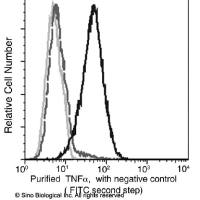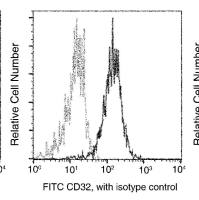Characterizing Social Behavior in Genetically Targeted Mouse Models of Brain Disorders
互联网
522
Fragile X syndrome, the leading inherited cause of mental retardation and autism spectrum disorders worldwide, is caused by
a tandem repeat expansion in the FMR1 (fragile X mental retardation 1) gene. It presents with a distinct behavioral phenotype
which overlaps significantly with that of autism. Emerging evidence suggests that tandem repeat polymorphisms (TRPs) might
also play a key role in modulating disease susceptibility for a range of common polygenic disorders, including the broader
autism spectrum of disorders (ASD) and other forms of psychiatric illness such as schizophrenia, depression, and bipolar disorder
[1]. In order to understand how TRPs and associated gene mutations mediate pathogenesis, various mouse models have been generated.
A crucial step in such functional genomics is high-quality behavioral and cognitive phenotyping. This chapter presents a basic
behavioral battery for standardized tests for assaying social phenotypes in mouse models of brain disorders, with a focus
on aggression.









